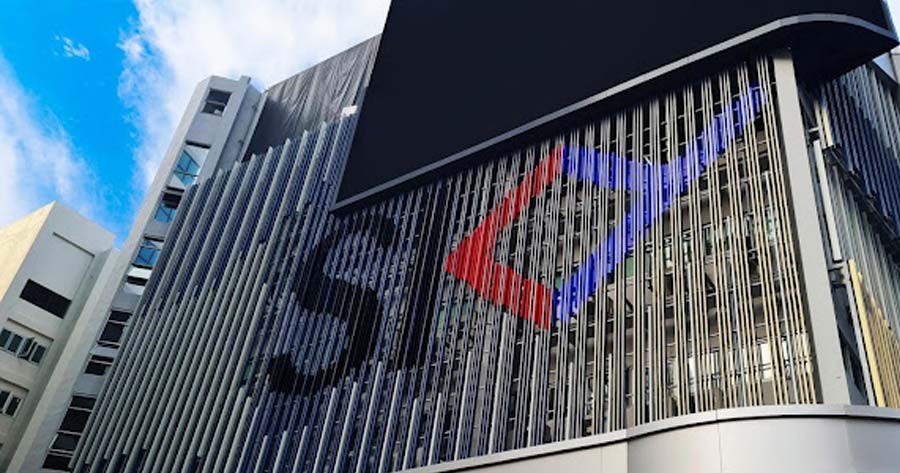Mr. Sithidej Mayalarp, Chief Executive Officer of SKY ICT Public Company Limited (SET: SKY), stated that after analyzing the current political and economic situation, having a stable government is essential for the private sector as it is required to impose economic policies.
Moreover, SKY believed that a stable government and concrete investment support policies for the private and government sector would boost economic growth, which would also encourage the private sector to form concrete infrastructure and development projects.
The CEO noted that Thailand must amend a number of its regulations and policies to increase competitiveness, especially those in the aviation and tourism industry. The aviation bill that was passed before 1957 has several strict regulations because it was focused on national security. Since the current era is focused on competitiveness, the new rules should be commercialized-focused.
Furthermore, the government should expedite an approval on reducing the certify process for purchasing aircraft. Currently, domestic airlines, such as Thai Airways and Bangkok Airways, require two months for approval, which limits their competitiveness. The adjustment of this process would help airlines expand their fleets and flight rates, increasing their passenger and transporting product volume to the amount that can compete with Singapore.
Meanwhile, the government also needs to adjust the nation’s passenger service charge (PSC) as its current rate is at THB 730 per person while Singapore and Hongkong’s are at about THB 1,300 and THB 1,500 per person, respectively. The revenue from the new PSC can be used to renovate the airport without depending on the government’s budget, allowing the airports to invest in infrastructure and new technology to substantially improve qualities and potential.
Mr. Sithidej stated that the insecurity issues have lowered the tourist’s confidence, especially Chinese tourists, whose volume has reduced by 30%. Nonetheless, Thailand still has a wellness industry, including spa, massage, and quality restaurants. There is also a wide range of tourist destinations, both nature and man-made.
The CEO stated that Thailand should shift its focus from attracting a large number of tourists to attracting high-quality tourists with high spending. Furthermore, it must emphasize on wellness and top-tier service tourism, using “Windows Thailand” to provide service for tourists to locate for tourist destinations and service locations across the country.
The factors that stimulate the growth of Thailand’s aviation and tourism are the infrastructure and the expansion of airports. Currently, Suvarnabhumi Airport has a capacity of 45 million passengers per year, but plans to renovate its Midfield Satellite 1 (SAT – 1) and construct the East Expansion terminal within three years. This would allow the airport to address 80 million passengers per year and compete with Singapore’s airport. (Back in 2019, this airport could handle 62 million passengers per year.)
Suvarnabhumi Airport also has other advantages, such as its three runways that can provide services to 90 aircrafts per hour, equivalent to other world leading airports. Thailand is also located in the middle of Western and Eastern Hemispheres, generating a potential to become a transit hub like Dubai, Doha, and Istanbul.
As for Thai Airways International PCL (SET: THAI), the company plans to expand its fleet to 90 aircraft by 2026 to increase its flight rate, address more passengers and goods, and compete with Singapore Airlines that has 177 aircraft in its fleet and plans to increase to 200.
Regarding the cargo handling capacity, Suvarnabhumi Airport can address only 1.5 million tons of goods per year, while Singapore and Hongkong’s airports can address 2 million and 5 million tons per year, respectively.





